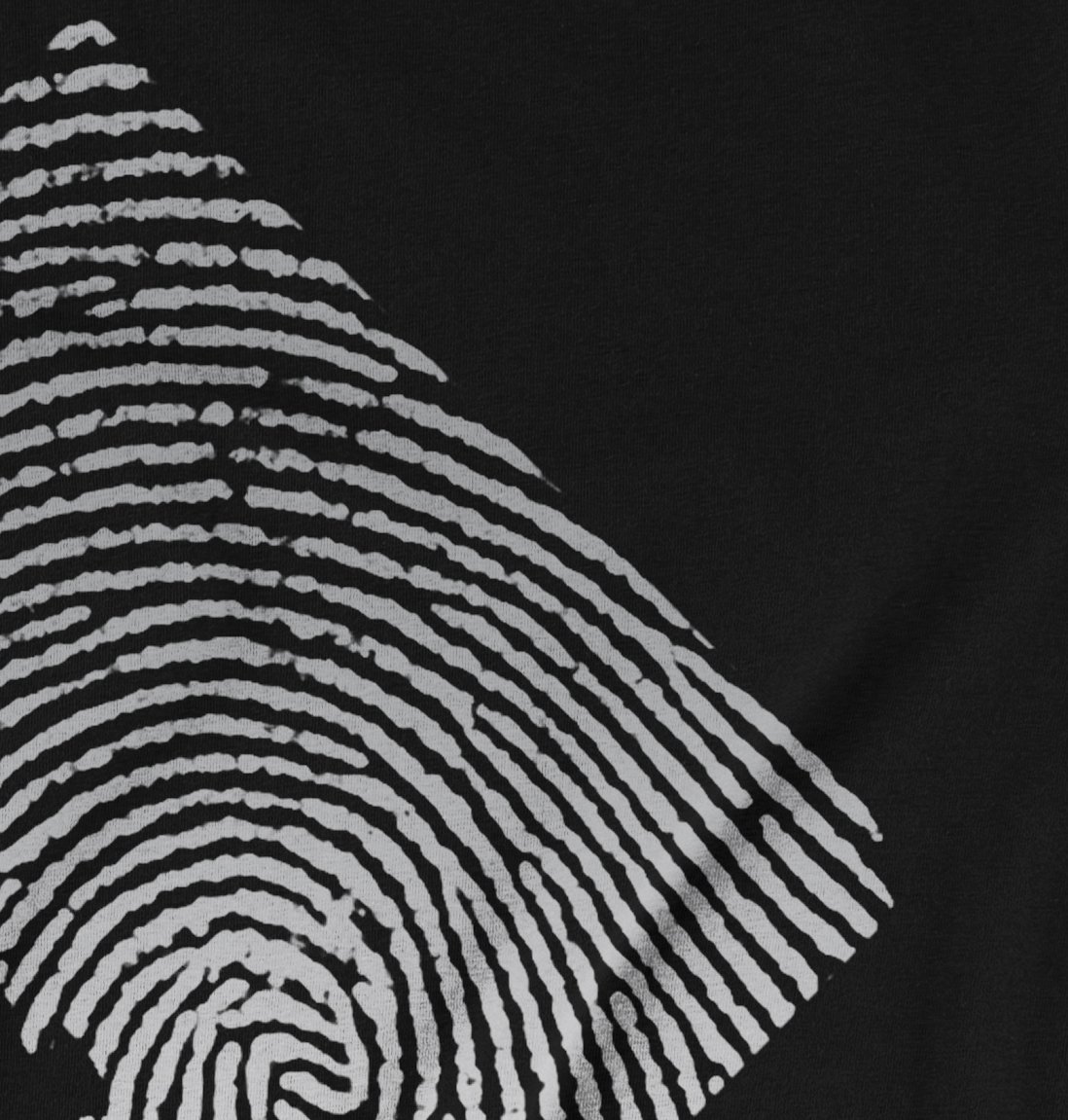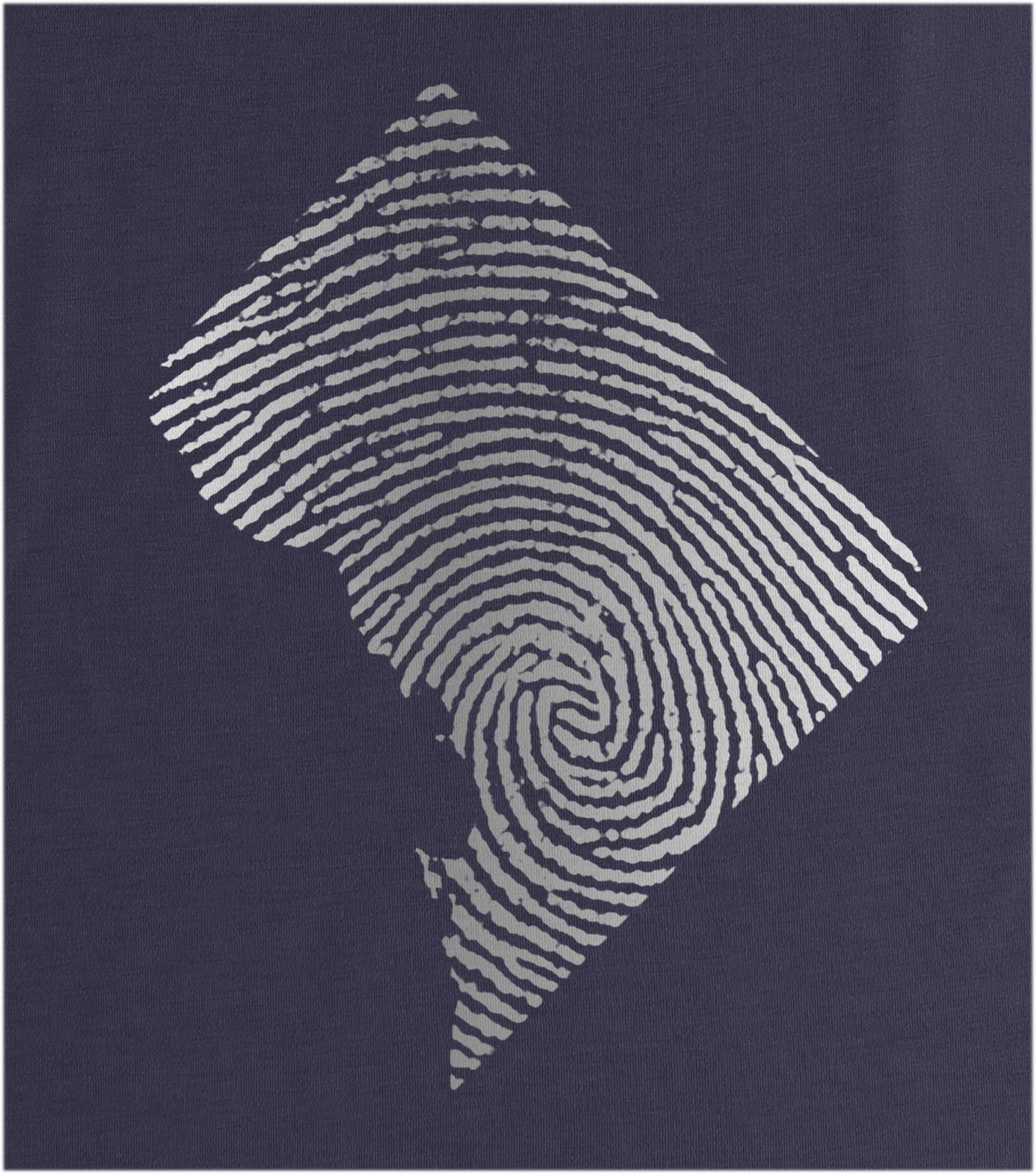

Please read these Terms of Use carefully before accessing or using any part of the Web Site. All users of the Web Site are subject to the following website terms and conditions of use (these “Terms of Use”). If you are accessing the Web Site from outside the United States, Canada, or Puerto Rico, please see the appropriate international website, available at for applicable terms and conditions. These terms and conditions of use are applicable to the United States, Canada and Puerto Rico websites (“collectively the Web Site”) operated by VWR (the “Company”). HALO® Chromatography Columns and Consumables+. Sartorius laboratory instruments, consumables and services PerkinElmer - Innovating for a Healthier World Lab Thermometers & Temperature Measurement EquipmentĪgilent Chemistries and Supplies Portfolio Quality Products from Sheldon Manufacturing Life Science Research Solutions, Products, and Resources VWR will support you from the latest life science products to the guaranteed purity of organic building blocks. We also provide training to police in our member countries, to ensure that frontline officers have the knowledge and skills necessary to assess, preserve and share evidence in line with best practices.A strong, vibrant research and development group is the lifeblood of all industries. It also makes sure INTERPOL’s systems comply with the necessary standards. Held every two years, INTERPOL’s International Fingerprint and Face Symposium provides an opportunity for experts from around the world to share best practice and latest developments.Īn INTERPOL AFIS expert working group meets twice a year to share information on new technology, identification procedures and training needs. This is important not only for the police investigating the incident, but also for the families concerned. Identifying victims of disastersĪlong with DNA, fingerprints can play an important role in identifying victims following natural or manmade disasters such as an earthquake or bombing. To facilitate the transfer of fingerprint data, INTERPOL has made a tool available to member countries which converts JPEG files into NIST files (Image2NIST). Any feedback, questions or problems can be submitted via the Issues page.

6.0), published in 2020, introduces the use of XML and will, in future, replace the previous version (v5.03).īoth sets of guidelines and the related file package can be downloaded from our GitHub platform. INTERPOL publishes a technical document with implementation guidelines for the exchange of biometric data in line with this format.


Records are saved and exchanged in the format set by the National Institute of Standards and Technology (NIST). A scanner is then used to save the data electronically in the appropriate format. Exchanging fingerprint records using the NIST standardįingerprints can be taken with an electronic scanning device or manually, using ink and paper. This will save valuable time and reveal connections that could otherwise go unnoticed. It will also integrate with a new biometric hub to allow a streamlined search across all INTERPOL forensic databases. New ABIS (automated biometric identification system) technology will be implemented in the future to enable faster and more accurate searches. The system is also capable of searching and filing palm prints. The automated process means the database can make more than 3,000 comparisons per day. For unidentified latent prints from a crime scene, this takes about an hour (manual process).For individuals known in the database, this takes about an hour (semi-automatic search).For individuals who are unknown in the database, this takes only a few minutes (automatic search).Through the AFIS gateway, users receive the results of their checks very quickly: The exchange of forensic data in international investigations is a fundamental aspect of INTERPOL’s policing capabilities. In 2019, INTERPOL made more than 1,600 identifications as a result of increased sharing and comparison of fingerprint data by member countries. Our partnerships with regional policing bodies.Commission for the Control of INTERPOL’s Files.Information, communications and technology (ICT) law projects.Official visitors to the General Secretariat.


 0 kommentar(er)
0 kommentar(er)
